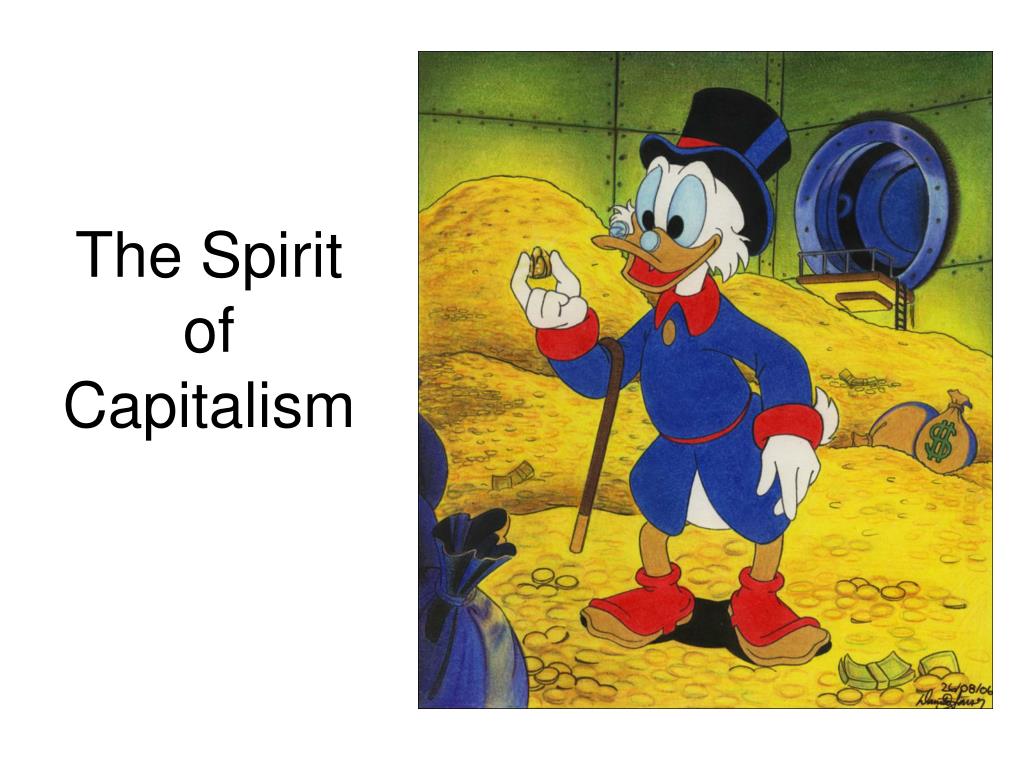
He defines spirit of capitalism as the ideas and habits that favour the rational pursuit of economic gain. Why was that not the case with Protestantism? Weber addresses this apparent paradox in the book. However, religious devotion was usually accompanied by rejection of worldly affairs, including the pursuit of wealth and possessions. In The Protestant Ethic and the Spirit of Capitalism, Weber puts forward the thesis that Puritan ethics and ideas had influenced the development of capitalism.



It is argued that the book should not be viewed as a detailed study of Protestantism but rather as an introduction into Weber's later works, especially his studies of interaction between various religious ideas and economics.


 0 kommentar(er)
0 kommentar(er)
